Art of The Deal, Part III
The blustery tariffs were never about anything more than the first salvo in a Trumpian negotiation. Read the book. It's only been out for, what, 15 years?
"You can't be scared. You do your thing, you hold your ground, you stand up tall, and whatever happens, happens."
“Art of the Deal,” Donald Trump 2009, with Tony Schwartz
One thing about Donald Trump—love or hate him—is that he’s fast, agile, extemporaneous, spontaneous, provocative, and impulsive, even at 78.
I’ll add one more: transparent. You know exactly what he thinks because he will tell you. Others will add pejoratives like “narcissist” and whatever. Fine, and compared to whom? Barack Obama, perhaps, who talks endlessly about himself? Trump behaves like no other president except Theodore Roosevelt or, possibly, Trump’s favorite presidential role model, Andrew Jackson. He may have an end goal but is flexible and knows when to cut bait. It reminds me of this famous scene from the first Indiana Jones movie.
One of Trump’s guiding principles is to protect the downside in any deal. He’s often perceived as a risk-taker, but he actually goes into every deal prepared for the worst possible outcome. By planning for the worst, he’s able to minimize risks and avoid catastrophic losses.
Another key element of Trump’s strategy is maintaining flexibility. He never gets too attached to a single deal or approach, which allows him to pivot when necessary. If one plan doesn’t work out, he has several others ready. This mindset helped him navigate early deals, like his acquisition of the rail yards, and continues to serve him in complex projects. Trump always looks for ways to keep his options open, ensuring that he’s never boxed into a corner.
Art of the Deal via Blinkist.com
I’ve never worked in the White House - I chose early in my career NEVER to work in that den of thieves and power-mad malcontents, even as I had the opportunity - but I know and worked with enough people who have to understand how “negotiations” typically occur between countries’ leaders. There are also lots of books - Ken Adelman’s book on the 1986 Reagan-Gorbachev Reykjavic summit is an excellent example of how they come together.
Historically, everything is highly scripted. The only President known to break the script recently was Reagan at that summit, where he spontaneously invited Gorbachev on a solitary walk. That wasn’t scripted, but it was brilliant. And it wasn’t the only time Reagan would go “off script.”
From my days in government and the private sector, I know that officials and executives love to script things out. They hate surprises, which is why Trump drives official Washington crazy—he thrives on surprises. He would have driven my old boss, the late Senate Majority Leader Bob Dole, nuts, even as Dole endorsed him in 2016 when few Republican establishmentarians did.
Reagan’s famous 1988 Brandenburg Gate speech, “Tear Down This Wall,” was one of the final salvos that led to the breakup of the Soviet Union months later.
The Secretary of State, George Schultz, objected to the line. So did the National Security Advisor, General Colin Powell. But Reagan speechwriter Peter Robinson recalls (now at the Hoover Institution), courtesy of Newsmax:
Reagan's Deputy Chief of Staff Ken Duberstein, who was at that meeting, told Robinson he'd sat Reagan down and explained that the State Department and the National Security Council all believe the speech sounded naive and that it would raise false expectations.
"They talked about it, and then he said there was a moment when that twinkle came into the president's eyes and he said, 'now, I'm the president aren't I?'"
And since Reagan got to make the decision, the line stayed in and the speech was delivered.
Robinson said that Reagan made the decision "because he was Ronald Reagan."
Ronald Reagan helped change the world with that speech, his “failed” summit at Rekykjavic, and other policies. Reagan saw his opportunity, and he took it.
Trump is doing no less. Many of the events leading up to the dissolution of the Soviet Union began during Reagan’s second term, the most significant occurring during his last two years. Trump is in a similar situation.
You'd be correct if this all sounds vaguely familiar with Trump and the talk of tariffs over the past several weeks and months. To be sure, Trump is no Reagan, as much as we might wish him to be. Their backgrounds, philosophies, styles, speech, tone, tenor, and cadences are night and day. Even their origins: Trump is a man of Queens, while Reagan is a product of the Midwest. The Ronald Reagan Trail in Illinois is a worthy (and affordable) vacation trip that should include a stop at the Dirksen Congressional Center in the Marigold Capitol of America, Pekin, Illinois.
But they have some things in common. Both were Democrats before they became Republicans (Trump switched parties five times). Both took office when Americans grew frustrated with an ineffectual, bloated, corrupt federal government and succeeding weak, failed, and clueless presidencies.
I’m not going to discuss the specifics of Trump’s tariff announcements, especially since I don’t think they’ll ever be imposed. They were, and always have been, the first play in a serious negotiation to get countries to stop harming the US with illegal immigration and illicit drug trade. And yes, both Mexico and Canada have been harming the United States a lot over the past four years, but even before then.
Like it or not, illegal immigration, especially human trafficking, and fentanyl exports from Canada are on the rise, and the Liberal Government of Justin Trudeau has been giving it nothing more than lip service. Trudeau’s government even permitted British Columbia to decriminalize fentanyl possession and, despite his blandishments, has done nothing to stop the radical growth of illegal fentanyl labs in Canada, his meaningless December 2024 announcements notwithstanding. Opposition Leader Pierre Poilievre, Canada’s likely next Prime Minister, has it right here.
Indeed, the United States doesn’t have clean hands here, either, especially on criminal guns being exported to both countries. Existing laws on illegal gun trafficking have not been enforced. Both Mexico and Canada ban or severely restrict the purchase and ownership of guns, so criminals in those countries import them from their contacts in the US. That was part of the deal announced with Mexico today, resulting in a one-month tariff delay.
Of course, the most significant American gun-running scandal in Mexico was authorized by Attorney General Eric Holder during the Obama Administration, dubbed “Fast and Furious,” resulting in the death of US Border Patrol agent Brian Terry. It was a scandal for which he’s never been punished, other than to be censured by Congress for stiffing them when he was subpoenaed to testify. Eric Holder is an arrogant and evil man who was never fit for public service.
Mexico controls little of its northern border with us, if any; criminal cartels do. There are federal laws that allow the US to protect its border that would permit the deployment of US troops on Mexican soil. Trump’s Day One declaration that Mexican Cartels were terror organizations was the first step. Deploying elements of the 101st Airborne (including Military Police units) at the border was step two.
This little surveillance flight over the Gulf of California, seen below, was step three. You can guess what steps four and five are. Mexican President Claudia Sheinbaum has been notified to deal with the cartels before we do. Sinaloa, which borders Arizona to the north and the Gulf to the west, is the hotbed of the worst terrorist cartels in Mexico and the world, often working in concert with corrupt Mexican national police and military officials. The US military had a hand in training many of them in better days.
Let’s be clear. These cartels are primarily behind the human trafficking and fentanyl production and shipments that enslave and kill thousands of Americans. If you don’t know that, you’re not paying attention. And you should.
Yes, it would help if the US market for illicit fentanyl wasn’t so lucrative. We have serious mental health and severe addiction crises here, no doubt, and our next Secretary of Health and Human Services has his hands full. The US must shut down criminal elements operating in the US as well and get help for the addicted. More people die from fentanyl abuse and overdoses every year than died during the entire 13-year Vietnam War, times two. Perhaps the Kash Patel-led FBI will focus more on those than imagined threats from Latin Mass-attending traditional Catholics, as his execrable and flaccid predecessor, Christopher Wray, has. Wray disgraces as the worst FBI director in modern times.
Hopefully, Trump will fix the personnel issues that plagued him during his first term, from the incompetent Rex Tillerson (Secretary of State) to Wray. Time will tell, given the controversial and out-of-the-box nominations he sent to Congress. Marco Rubio has proven a stellar choice for Secretary of State - the only one to be confirmed unanimously—and Defense Secretary Pete Hegseth and others confirmed seem to be off to good starts, even as Pentagon establishmentarians (how have you guys worked out?) have their doubts.
Poor Sean Duffy, dealing with two major air crashes on his first two days as Secretary of Transportation, my old haunt. The former Congressman seems more than up to the job. Transportation is a terrific, non-partisan agency, despite the execrable and incompetent Pete Buttigieg’s efforts to make it into a partisan woke hell hole.
Give Trump credit - he’s chosen proven, first-tier communicators as his government’s senior spokespeople. Let’s see how they lead their agencies in this new world of D.O.G.E. The “Dep Sec” and senior team appointments will matter. And never underestimate those career deep-state, TDS-infected employees hell-bent on stopping the Trump presidency and their allies in the corporate, lobbying, and media worlds. They enjoy their gravy train and work assiduously to protect it. I know a few, and I hear from them occasionally.
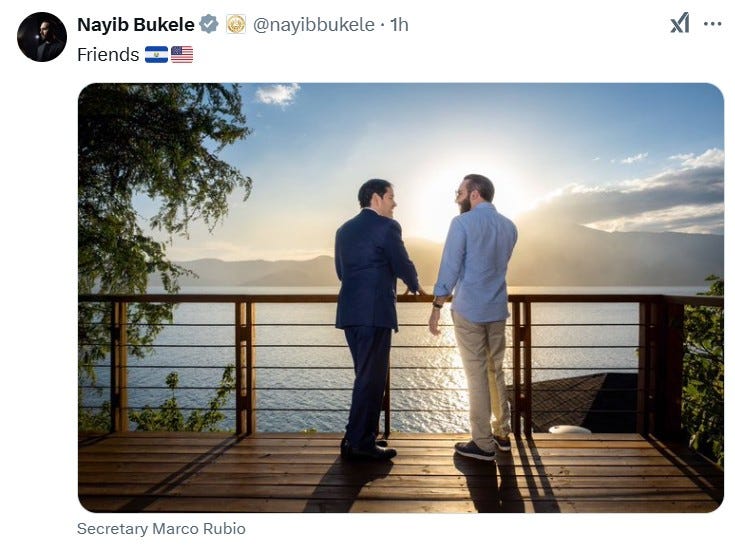
Trump is dictating the terms of his negotiations with everyone, from Congress to Venezuela. Anyone who’s read Art of the Deal, I or II, should know that. His “shock and awe” launch to his presidency is a military strategy from Gottlieb von Clausewitz, the 1830s Prussian military theorist who coined the term “war is the continuation of policy with other means.” How much of Trump’s “strategy” do you see here?
Clausewitz stressed the multiplex interaction of diverse factors in war, noting how unexpected developments unfolding under the "fog of war" (i.e., in the face of incomplete, dubious, and often erroneous information and great fear, doubt, and excitement) call for rapid decisions by alert commanders. He saw history as a vital check on erudite abstractions that did not accord with experience. In contrast to the early work of Antoine-Henri Jomini, he argued that war could not be quantified or reduced to mapwork, geometry, and graphs. Clausewitz had many aphorisms, of which one of the most famous is, "War is the continuation of policy with other means."
The Trump Administration is proving the adverse: Policy is continuing war by other means, and we know which side “the swamp” is on. It’s not ours.
And a war it is. Buckle up.
Finishing up with a bit of news. And it’s good.
YES.




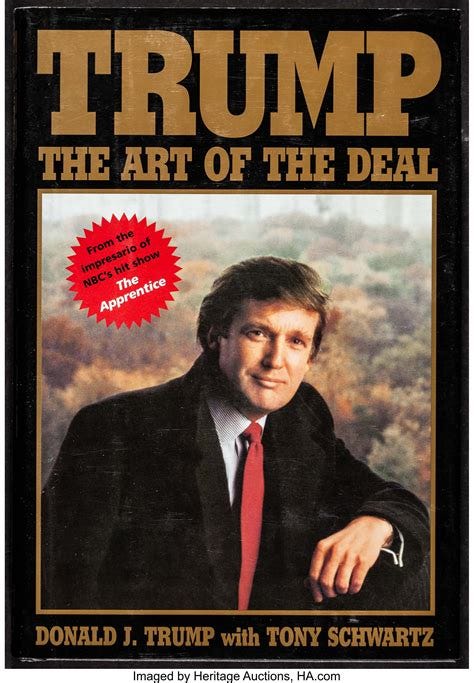
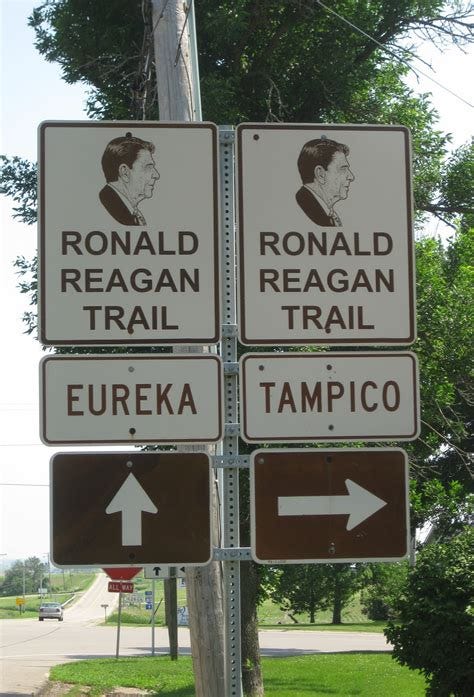
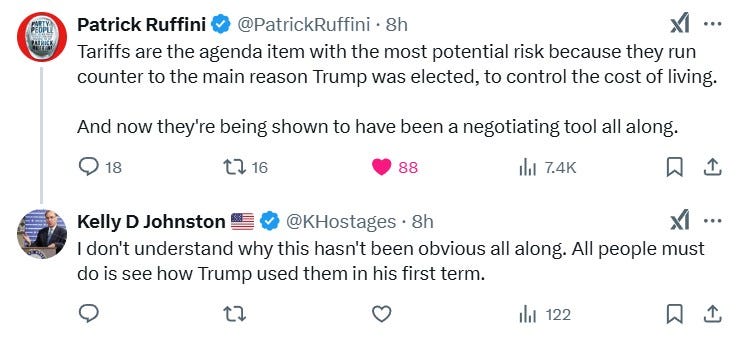
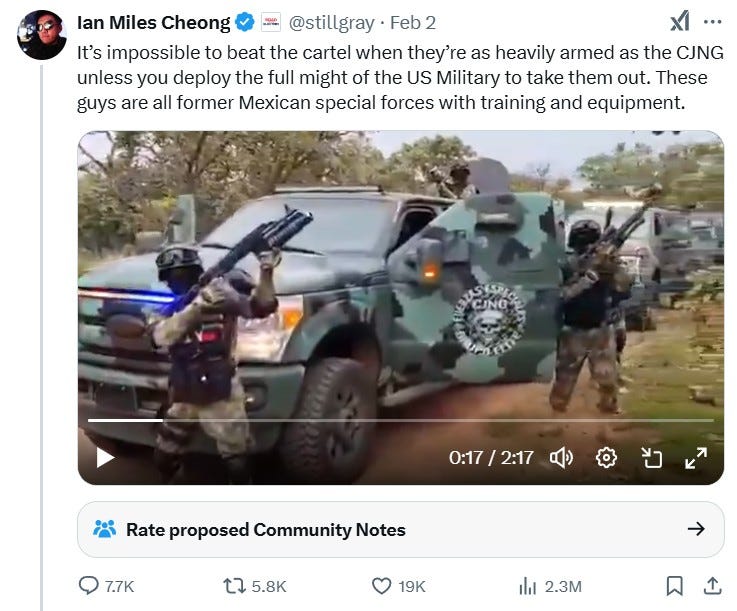

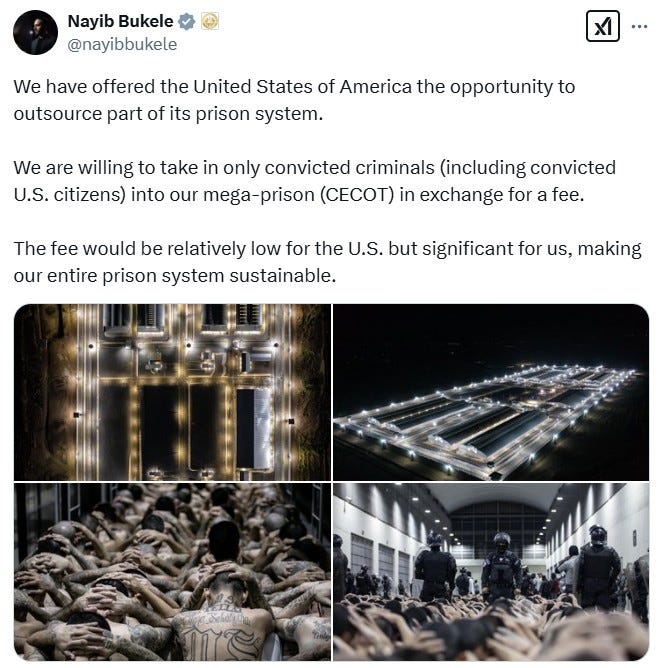
Wow. So interesting with so much information is so many different formats.